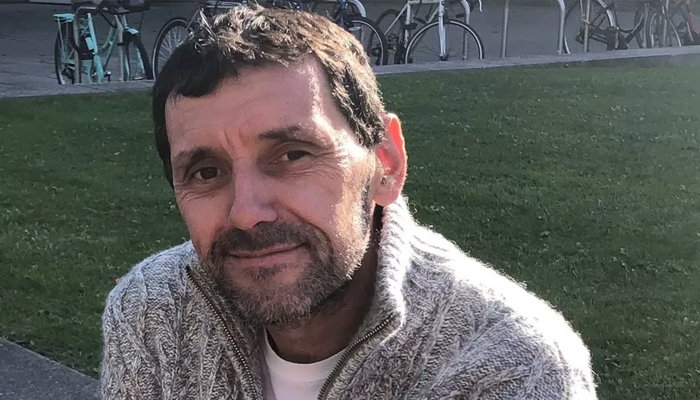Trial drug gives cancer patient with less than year to live new lease on life
Robert Glynn's liver and adrenal gland tumors shrunk after the experimental immunotherapy treatment
December 31, 2022

- The patient was diagnosed with bile duct cancer in 2020.
- He participated in experimental immunotherapy trial.
- His liver, adrenal gland tumours shrank after treatment.
Experimental immunotherapy treated and cured 51-year-old bile duct patient Robert Glynn who was given less than a year to live.
Glynn was diagnosed in 2020 after seeing the doctor with severe shoulder pain that did not let him sleep.
He visited his GP and underwent scans and blood tests, but his cancer was only picked up by chance when he got an infection in his gall bladder.
Glynn joined an immunotherapy trial at The Christie NHS Foundation Trust in Withington, Manchester, which manages the Christie Hospital, one of the largest cancer treatment centres of its type in Europe. The Worsley-based welder said he was "very lucky as I had cancer for two years and had no idea."
He was told a day before his 49th birthday in August 2020 that he had an advanced-stage intrahepatic bile duct cancer that had spread to his adrenal gland.
The GP referred Glynn to The Christie, where he partook in a clinical trial of an experimental immunotherapy drug mixed with standard chemotherapy.
After the treatment, the tumour in his liver shrank from 12cm to 2.6cm, while the size of the one in his adrenal gland reduced from 7cm to 4.1cm.
The reduction of the tumour size meant he could undergo surgery in April.
The surgeons found only dead tissue during the operation, meaning treatment had killed off all the cancer cells.
He said he "jumped at the chance," adding, "You do anything you can to extend your life."
"I feel very lucky as I had cancer for two years and had no idea, so getting the all-clear was overwhelming.
"I wouldn't be here today without the trial."
Glynn has had no further treatment since his operation, and his three-monthly scans showed he was completely clear of cancer.
Christie's Prof Juan Valle, who ran the trials, said the research results and another more extensive study had been "keenly anticipated by colleagues worldwide as it could lead to a change in how we treat patients like Glynn in the future."
He said, "Glynn has done very well on this combination due to his tumor having... a high number of genetic mutations."
"Most patients with this diagnosis do not have as many mutations in their cancer cells so that the treatment won't be as effective, but it highlights the importance of personalized medicine."
After being diagnosed, Glynn changed his lifestyle by cutting out "all processed foods" and losing 31kg.
He realised he can't just rely on the doctors to help him; he needs to help himself, too."
"It's also important to remain positive and not give up. It's never over until it's over."
"With my partner, Simone, we get out in nature and walk.
"When something like this happens, you realize life is for living."









